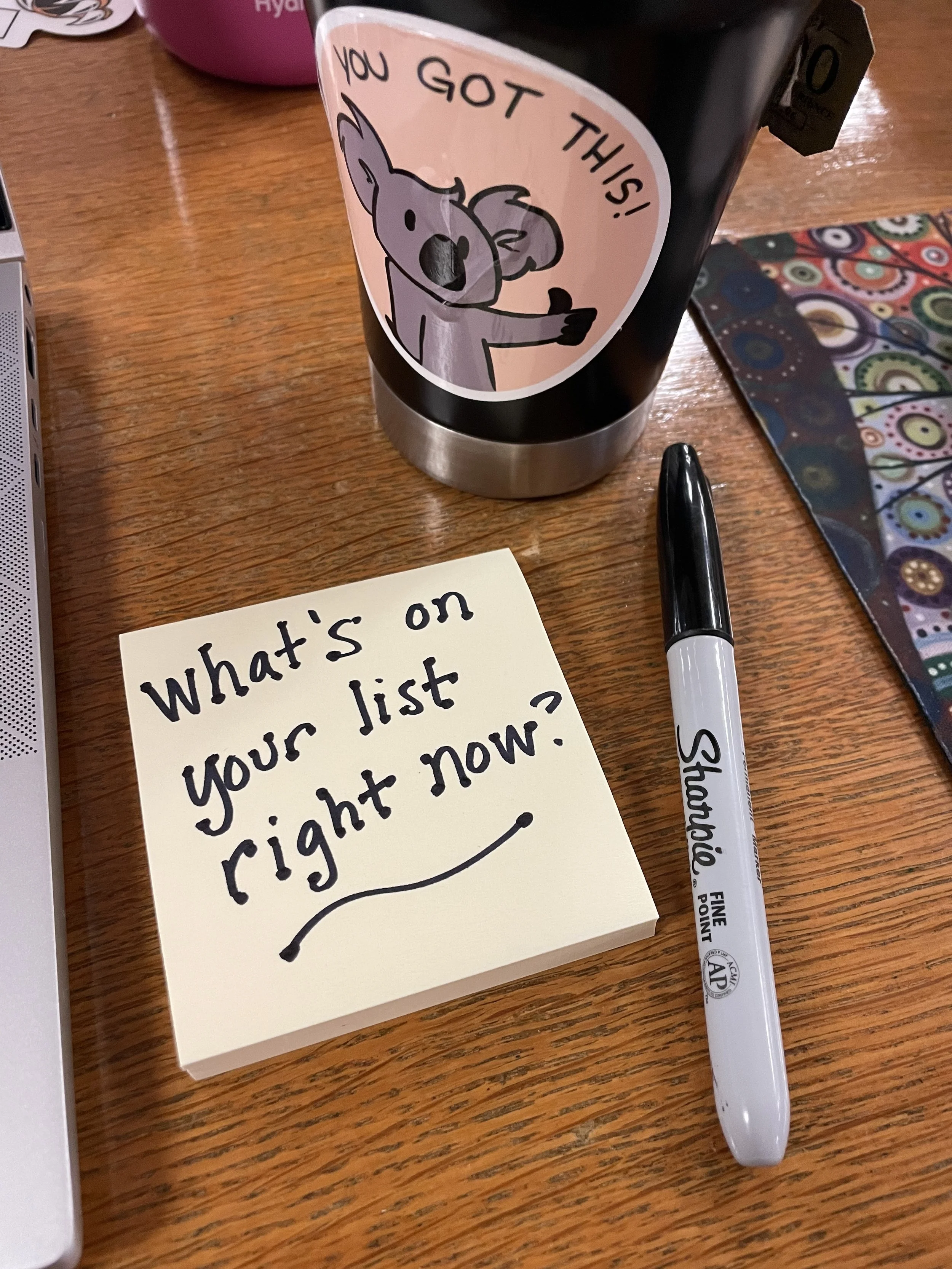Favorite Children's Books--So Far.
/One of my favorite things to do with my almost two-year-old is to read books. Fortunately, I’ve got a toddler who also loves this activity. When he wakes up in the morning, one of the only ways we can convince him out of the cozy cave of his crib is with a promise of reading in his rocking chair. We also all read together before he goes to bed. He has a small bookcase in his room with a collection that I regularly weed and add to, but we also bring home big stacks of books from the library every two weeks or so.
One helpful practice I have stumbled upon is using our library’s website to place books on hold—that way, I can choose titles more deliberately, instead of grabbing them at random off the shelves while also trying to keep an eye on a little human who believes that libraries are the best place to “run fast!”.
Peter’s at the age where he loves repetition, and we definitely spend most of our reading time re-visiting his favorites. But I’ve also discovered a few series and authors that help me introduce new titles. I have an unconscious habit of thinking about WHY a book is engaging or not as I’m reading it, and I definitely do this with children’s books, as well. (I’ve been paying so much attention to it, in fact, that I’m considering trying to write my own one day.) The books that Peter loves the most all seem to share a few traits (common, I’m sure, to his age and developmental stage):
They aren’t wordy. The story is complete, but the author doesn’t need to write too much on each page to get the story across. This capacity for brevity but completeness, I believe, is a difficult skill to hone. I, for one, would need to work at it. Brevity in children’s books is also important for a more obvious reason: Attention span. At almost two, Peter simply isn’t interested in reading a paragraph on each page, no matter how interesting the accompanying picture is.
The words are catchy. Some of Peter’s favorite books (The Bear Books by Karma Wilson, for example), are told through rhyme. Others don’t rhyme at all, but might include examples of alliteration, assonance, or onomatopoeia (as when Policeman Small blows his whistle at the farm truck and his overturned milk can—tweet tweet!).
They show real life. A few of Peter’s favorite books (those by Lois Lenski, for example) are just stories about regular people doing their jobs. Policeman Small turns his “Stop-Go” sign and takes a lunch break. Fireman Small helps put out a fire. Farmer Small feeds his pigs and harvests his apples. I love the Lenski books because they remind me of my own childhood, but I think Peter likes them because he sees things he recognizes from his own simple life: an airplane in the sky. A school bus full of children. A green car. A red one.
I could probably go on about why I think certain children’s books are good (meaning—also fun for the adult to read), but this post is getting a little long. I’ll end with a list of our favorite books right now!
The Bear Books, by Karma Wilson and Jane Chapman. Our favorites include Bear Can’t Wait and Bear Stays Up. These books are cozy and focus on the power of friendship.
Lois Lenski “Mr. Small” books - Policeman Small, The Little Train, The Little Farm.
Bear’s Feelings books by Kimberly Gee (Peter requests these by title, and can almost recite them by now). Mad, Mad Bear; Glad, Glad Bear; Sad, Sad Bear.
Goodnight Moon, by Margaret Wise Brown and Clement Hurd. A classic, of course. The link here is to an NPR story about his lovely, calming little book.
The McDuff books, by Rosemary Wells and Susan Jeffers. A former colleague and friend gave us our first McDuff book, and we instantly loved it. McDuff is a friendly, adventurous little dog. Our favorite is McDuff Goes to School, because we get to practice our French a little!
What books do you, or did you, love to read with your kids? Or, what books did you love especially from your own childhood? I’m always on the lookout for suggestions!
Thanks, as always, for reading.
-Beth




